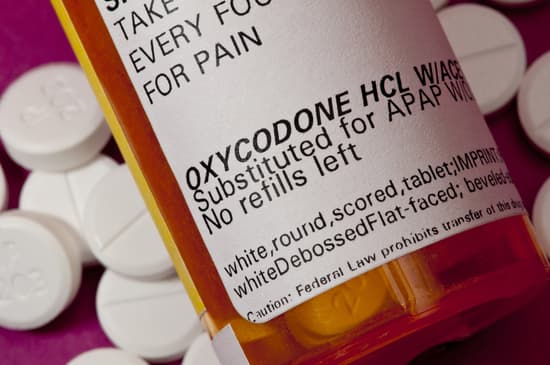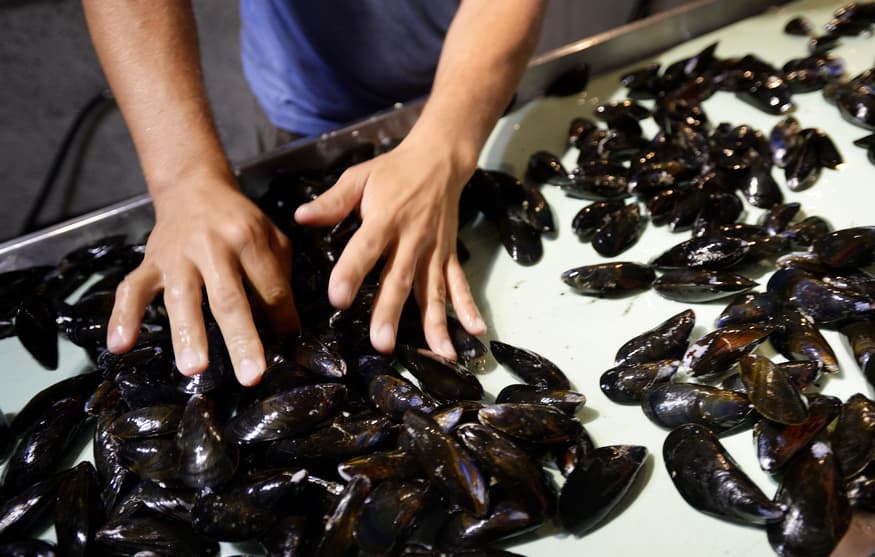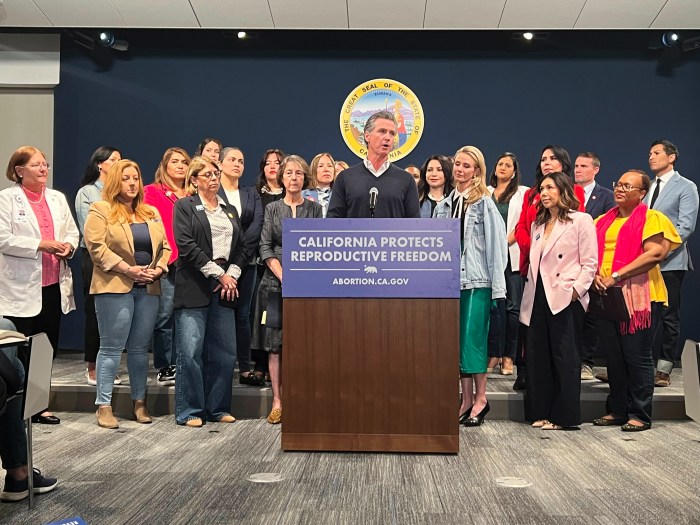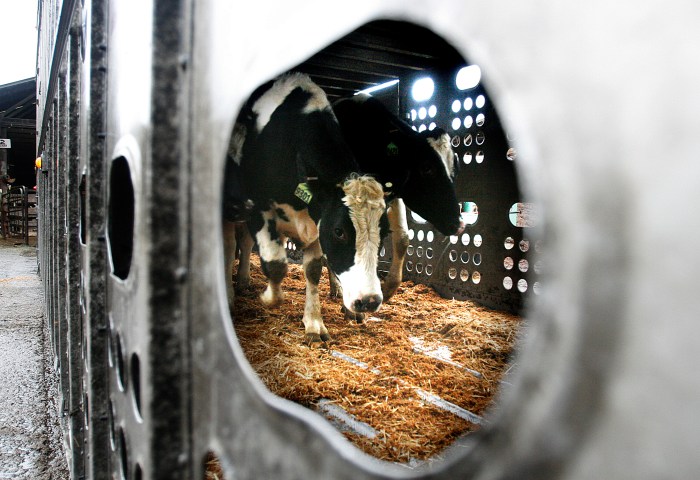The opioid crisis is making its way to our water — and marine life is feeling the effects. The Washington Department of Fish and Wildlife told KIRO7 that mussels harvesting off the coast of Seattle are testing positive for opioids.
“What we eat and what we excrete goes into the Puget Sound,” said Jennifer Lanksbury, a biologist at the WA Department of Fish and Wildlife, told the news station.
The Department uses mussels to get a reading on pollution in waterways because they’re “filter feeders,” meaning they absorb contaminants from their surroundings into their tissues. To measure the pollution, they harvested clean mussels from Whidby Island’s Penn Cove and then rehomed them into 18 different urban water areas to test for contamination.
Mussels from two areas — including Elliot Bay on Seattle’s west side — tested positive for trace amounts of oxycodone, a type of opioid.
“It’s telling me there’s a lot of people taking oxycodone in the Puget Sound area,” Lanksbury said, adding that the opioids were “likely” coming from wastewater treatment plants.
But, how does wastewater make it into larger bodies of water? From human waste. People who take oxycodone pills end up excreting it from their bodies and it goes into wastewater that’s then filtered in treatment plants — and plants can’t specifically filter out drugs.
“Those are definitely chemicals that are out there in the nearshore waters and they may be having an impact on the fish and shellfish that live there,” Lanksbury told the news station.
Are opioids in seafood we eat?

There are regulations in place that do work to ensure humans are sold and served fish that is as free of contaminants as possible, but the EPA said that some bacteria and viruses can survive in fish and shellfish.
Women who are pregnant (or are trying to become pregnant), nursing mothers and young children are advised to only eat up to 12 ounces of seafood a week to decrease exposure to mercury. There hasn’t yet been a similar advisory about fish and opioids.
“People should be wary,” Lanksbury said. “Hopefully our data shows what’s out there and can get the process started for cleaning up our waters.”
However, the mussels that are harvested from the Washington area are “clean and healthy and delicious,” she said. “We love to eat mussels from the Puget Sound. We use them for our food and we use them for contaminant analysis.”
Fish might even be the key to finding a cure for opioid addiction.
Recent studies show that zebrafish have the same opioid receptors as humans, meaning they can get addicted in the same way — and researchers hope that these fish can be used in studies to find treatments that can help humans eliminate addictions.



















